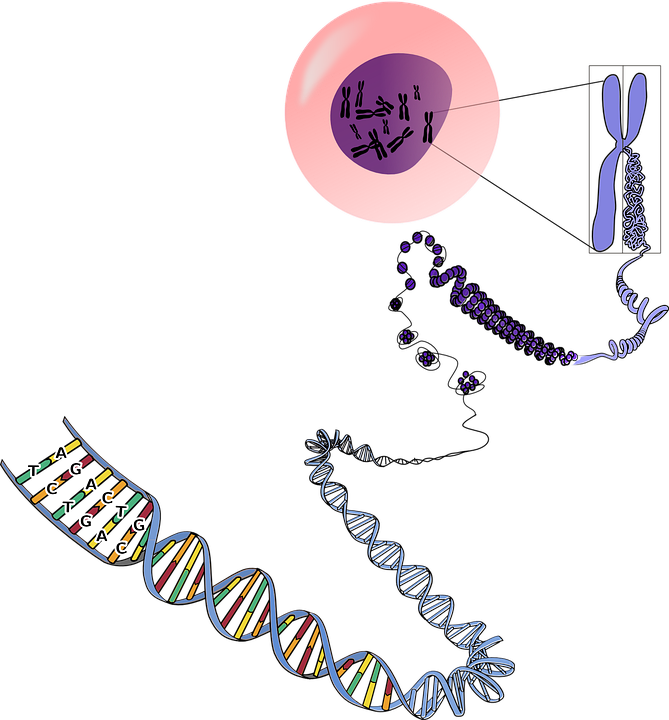How Editing RNA—Not DNA—Could Cure Disease in the Future
By Kristen V. Brown,
Gizmodo
| 03. 15. 2018
DNA is the code of life, and so advances that allow us to edit that code have unlocked vast potential, from simply editing away the buggy code of disease, to engineering animals that don’t spread illness, to, maybe one day in a distant future, creating so-called designer babies. But editing another essential molecular component of our biology—RNA, the messenger used by cells to turns DNA instructions into proteins—also holds great promise.
A slew of recent high-profile discoveries have focused on pairing the buzzy genetic engineering tool, CRISPR, with RNA editing. RNA is a sort of middleman that turns genetic instructions from DNA into proteins. Editing RNA could allow scientists to tweak how genes are expressed without making permanent changes to the genome itself—thus avoiding one of the scarier aspects of genetic engineering, because you’d be interfering with DNA’s instructions rather than editing DNA itself. RNA is ephemeral, which means changes to it could be reversed. And in some diseases, like a form of muscular dystrophy called myotonic dystrophy, mutant RNA is actually the root of the problem.
In October...
Related Articles
By Diaa Hadid and Shweta Desai, NPR | 01.29.2026
MUMBRA, India — The afternoon sun shines on the woman in a commuter-town café, highlighting her almond-shaped eyes and pale skin, a look often sought after by couples who need an egg to have a baby.
"I have good eggs,"...
By George Janes, BioNews | 01.12.2026
A heart attack patient has become the first person to be treated in a clinical trial of an experimental gene therapy, which aims to strengthen blood vessels after coronary bypass surgery.
Coronary artery bypass surgery is performed to treat...
By Staff, ScienceDaily | 01.05.2026
Scientists at UNSW Sydney have developed a new form of CRISPR technology that could make gene therapy safer while also resolving a decades-long debate about how genes are switched off. The research shows that small chemical markers attached to DNA
...
Following a long-standing CGS tradition, we present a selection of our favorite Biopolitical Times posts of the past year.
In 2025, we published up to four posts every month, written by 12 authors (staff, consultants and allies), some in collaboration and one simply credited to CGS.
These titles are presented in chronological order, except for three In Memoriam notices, which follow. Many more posts that are worth your time can be found in the archive. Scroll down and “VIEW...




